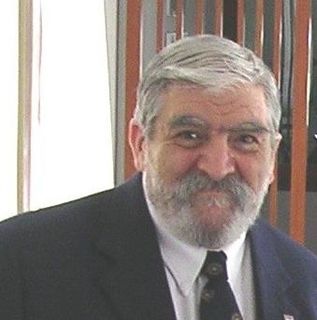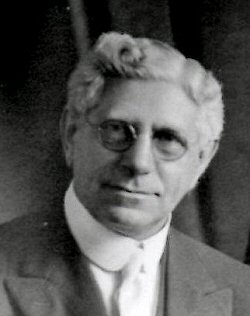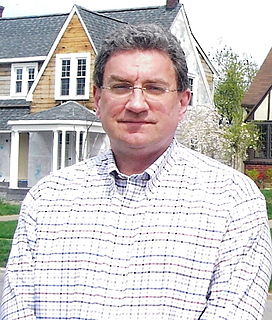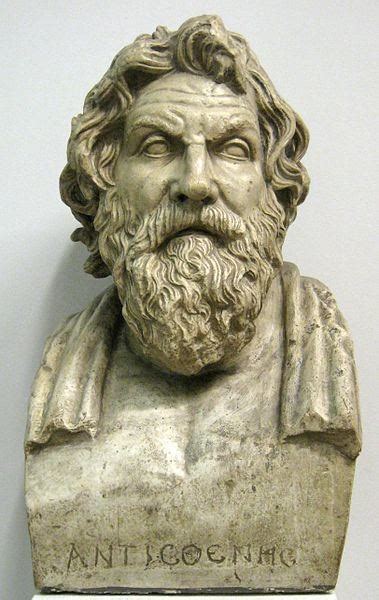A Quote by Pope Pius XII
The most insidious of sophisms are usually repeated to justify immodesty and seem to be the same everywhere.
Related Quotes
I think what tends to embarrass me most is how much I struggle at the little things that seem to come so easily to most people, mainly involving routine and self-care. It's hard for me to do things like cook a meal, not be in a constant apocalyptically late rush everywhere I go, to put something back when I'm finished with it. I seem to be hardwired for chaos and disorganization.
From Christ on down to Edison, the men who have achieved most have been those who met with the most stubborn forms of temporary defeat. This would seem to justify the conclusion that Infinite Intelligence has a plan, or a law, by which it hurdles men over many obstacles before giving them the privilege of leadership or the opportunity to render useful service in a noteworthy fashion.
One way to think about a pure hyperbolic surface is that it's the geometric opposite of a sphere. If you look at a sphere, the curvature is the same everywhere, as opposed to, say, an egg, which clearly does not curve the same everywhere. This is what makes spheres geometrically important. Mathematically speaking, a sphere has positive curvature and a hyperbolic surface has negative curvature, but both have constant curvature everywhere.
Nothing comes to pass in nature, which can be set down to a flaw therein; for nature is always the same, and everywhere one and the same in her efficacy and power of action: that is, nature's laws and ordinances, whereby all things come to pass and change from one form to another, are everywhere and always the same; so that there should be one and the same method of understanding the nature of all things whatsoever, namely, through nature's universal laws and rules.
































